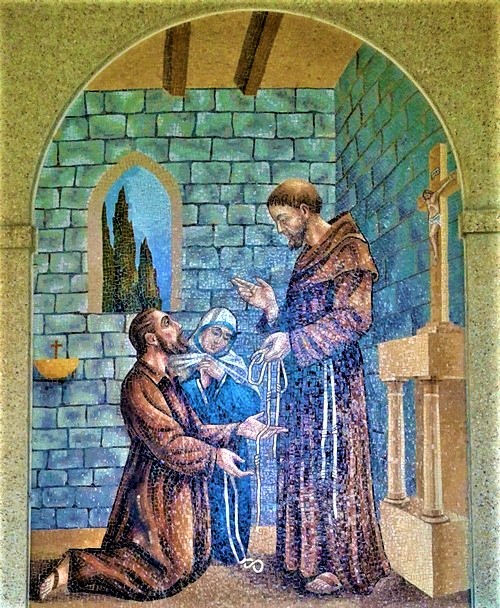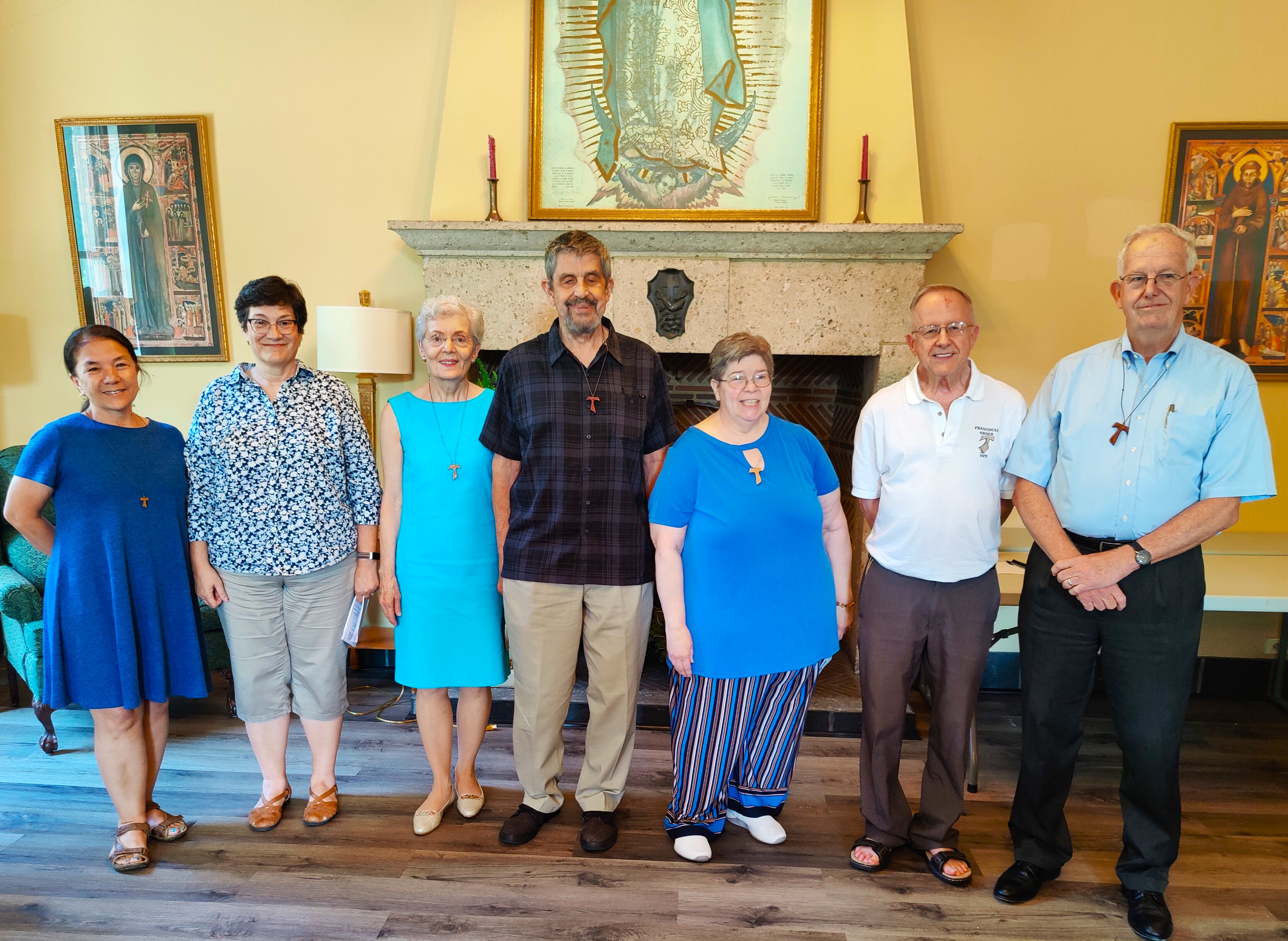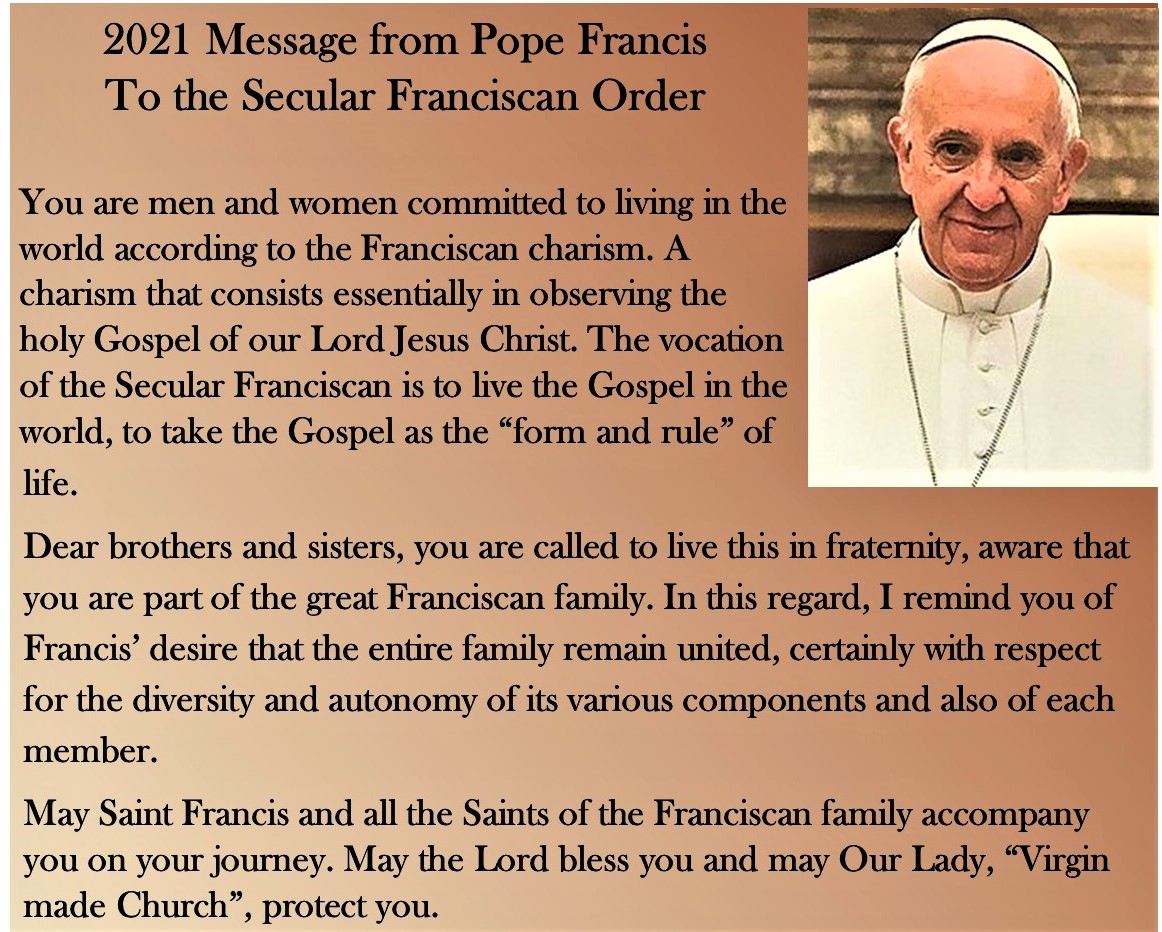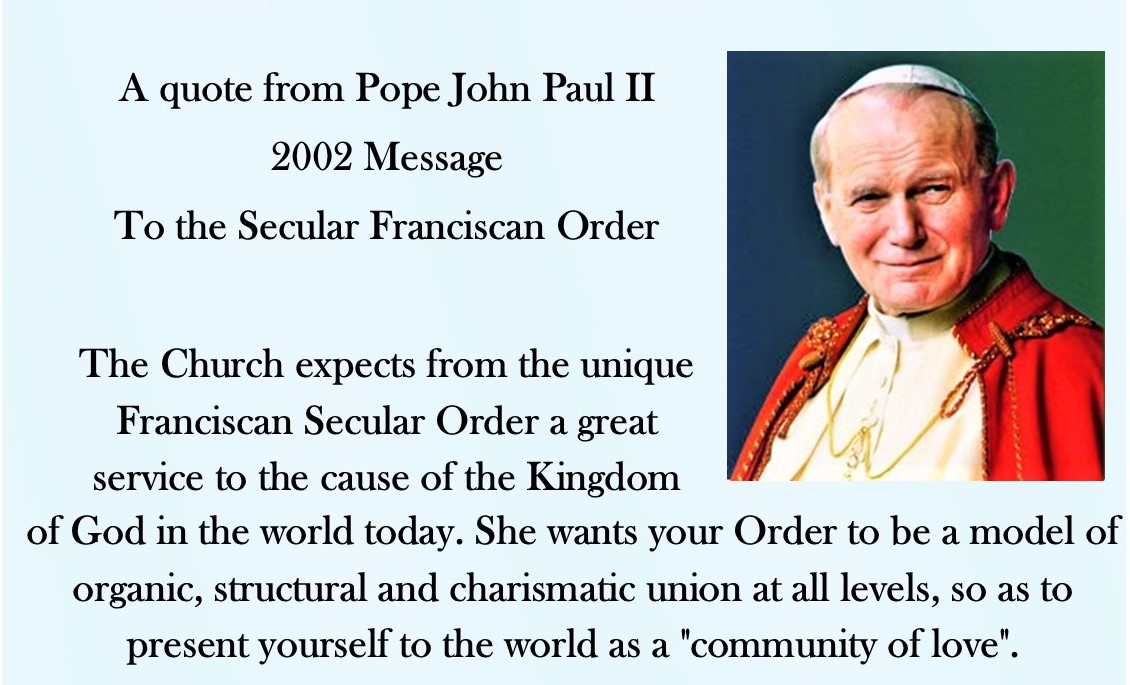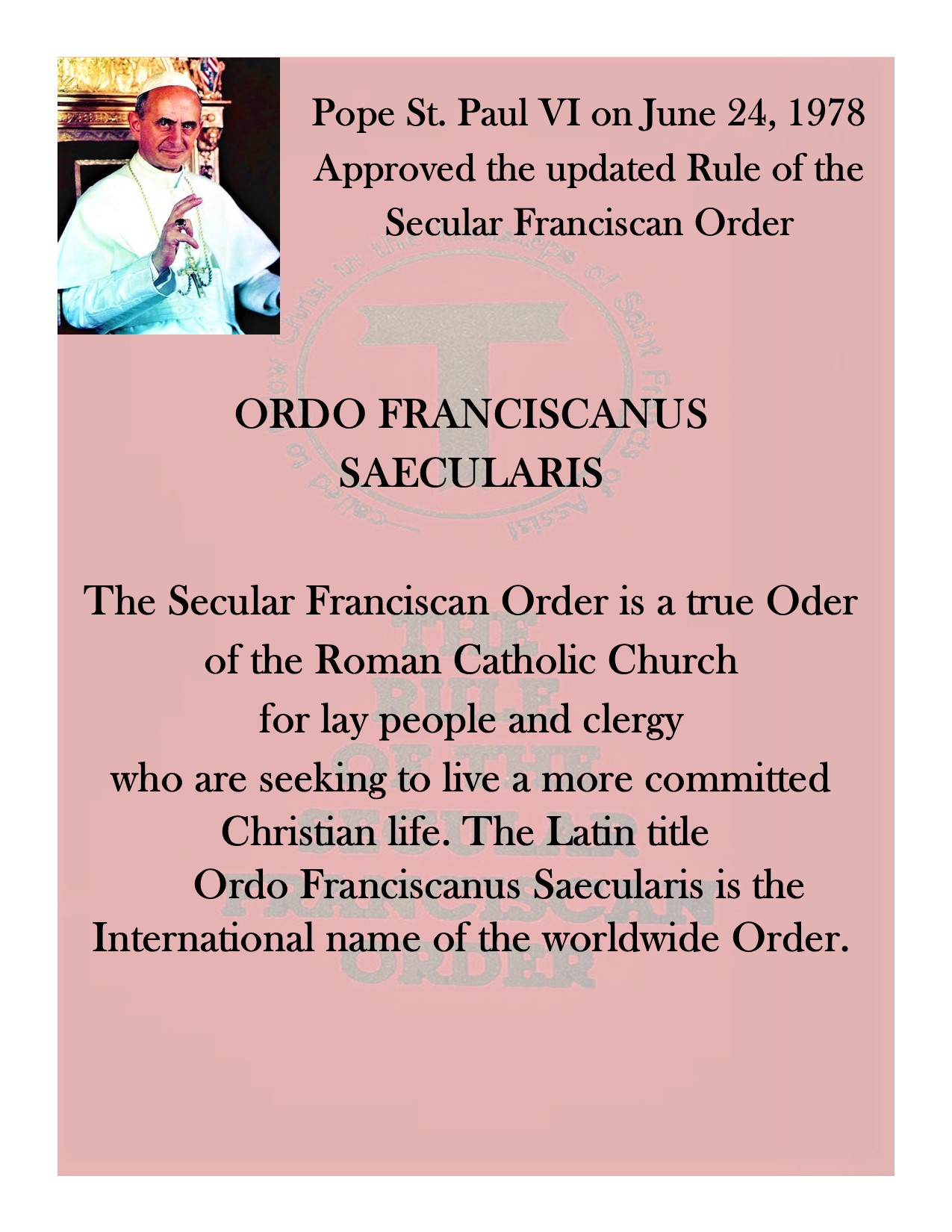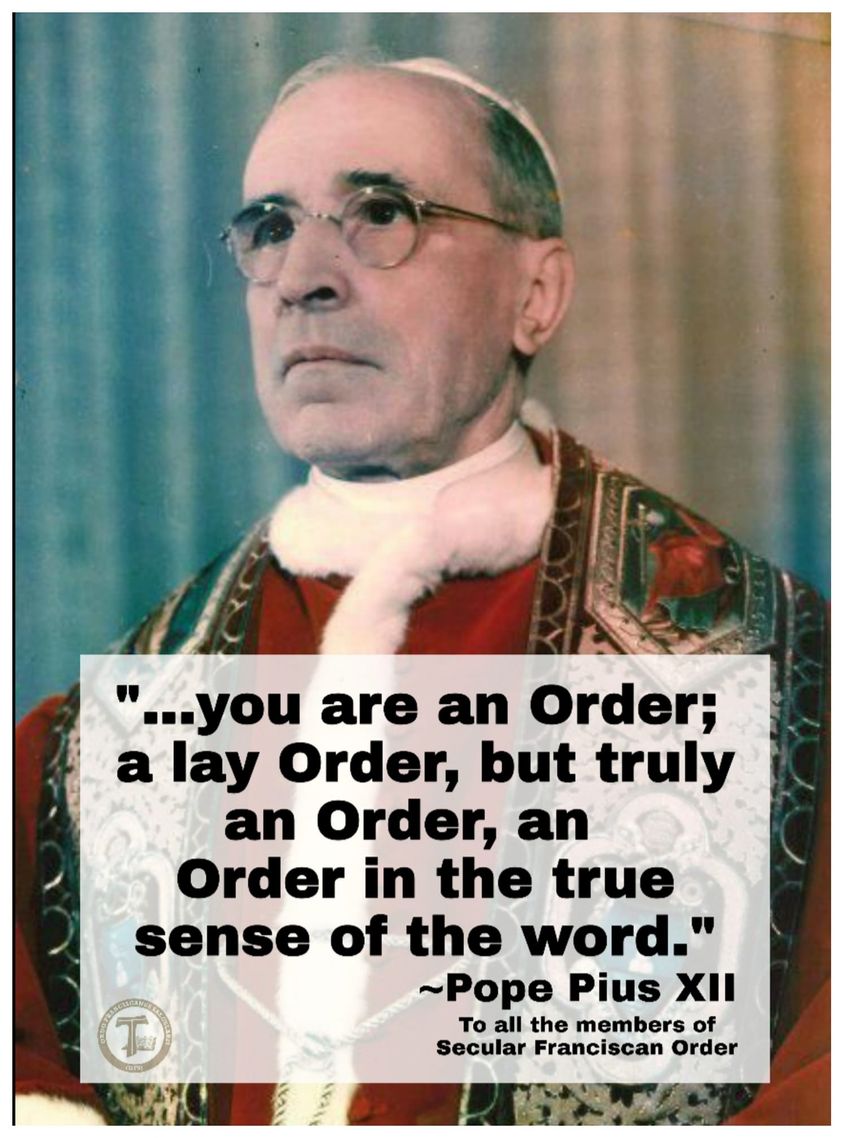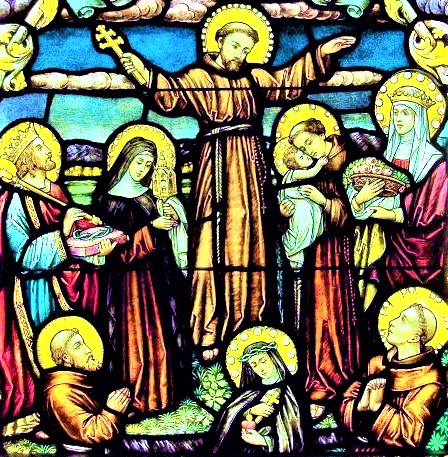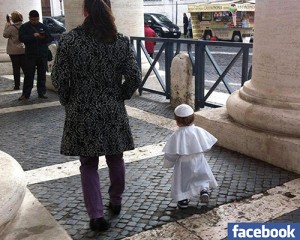Archdiocese of Baltimore
(Website)
****************************************
First Thoughts on
“On Love in the Family”
“Amoris Laetitia“
Bishop Robert Barron
April 08, 2016
On a spring day about five years ago, when I was rector of Mundelein Seminary, Francis Cardinal George spoke to the assembled student body. He congratulated those proudly orthodox seminarians for their devotion to the dogmatic and moral truths proposed by the Church, but he also offered some pointed pastoral advice. He said that it is insufficient simply to drop the truth on people and then smugly walk away. Rather, he insisted, you must accompany those you have instructed, committing yourself to help them integrate the truth that you have shared. I thought of this intervention by the late Cardinal often as I was reading Pope Francis’s apostolic exhortation Amoris Laetitia.
If I might make bold to summarize a complex 264-page document, I would say that Pope Francis wants the truths regarding marriage, sexuality, and family to be unambiguously declared, but that he also wants the Church’s ministers to reach out in mercy and compassion to those who struggle to incarnate those truths in their lives.
In regard to the moral objectivities of marriage, the Pope is bracingly clear. He unhesitatingly puts forward the Church’s understanding that authentic marriage is between a man and a woman, who have committed themselves to one another in permanent fidelity, expressing their mutual love and openness to children, and abiding as a sacrament of Christ’s love for his Church (52, 71). He bemoans any number of threats to this ideal, including moral relativism, a pervasive cultural narcissism, the ideology of self-invention, pornography, the “throwaway” society, etc. He explicitly calls to our attention the teaching of Pope Paul VI in Humanae Vitae regarding the essential connection between the unitive and the procreative dimensions of conjugal love (80).
Moreover, he approvingly cites the consensus of the recent Synod on the Family that homosexual relationships cannot be considered even vaguely analogous to what the Church means by marriage (251). He is especially strong in his condemnation of ideologies that dictate that gender is merely a social construct and can be changed or manipulated according to our choice (56). Such moves are tantamount, he argues, to forgetting the right relationship between creature and Creator. Finally, any doubt regarding the Pope’s attitude toward the permanence of marriage is dispelled as clearly and directly as possible: “The indissolubility of marriage – ‘what God has joined together, let no man put asunder’ (Mt 19:6) – should not be viewed as a ‘yoke’ imposed on humanity, but as a ‘gift’ granted to those who are joined in marriage…” (62).
The second move – and here we come to what will undoubtedly be the most controverted part of the exhortation – is to employ the Church’s classical distinction between the objective quality of a moral act and the subjective responsibility that the moral agent bears for committing that act (302).
The Pope observes that many people in civil marriages following upon a divorce find themselves in a nearly impossible bind. If their second marriage has proven faithful, life-giving, and fruitful, how can they simply walk out on it without in fact incurring more sin and producing more sadness? This is, of course, not to insinuate that their second marriage is not objectively disordered, but it is to say that the pressures, difficulties, and dilemmas might mitigate their culpability.
Here is how Pope Francis applies the distinction: “Hence it is can no longer simply be said that all those in any ‘irregular’ situation are living in a state of mortal sin and are deprived of sanctifying grace” (301). Could the Church’s minister, therefore, not help such people, in the privacy of the rectory parlor or the confessional, to discern their degree of moral responsibility? Once again, this is not to embrace a breezy “anything-goes” mentality, nor to deny that a civil marriage after a divorce is objectively irregular; it is to find, perhaps, for someone in great pain, a way forward.
****************************************
January 18, 2015
Pope Francis to the Young People of the Philippines
Concern for the Environment and the Poor
You are called to make a contribution in showing concern for the environment. This is not only because this country, more than many others, is likely to be seriously affected by climate change. You are called to care for creation not only as responsible citizens but also as followers of Christ! Respect for the environment means more than simply using cleaner products or recycling what we use. These are important aspects, but not enough. We need to see, with the eyes of faith, the beauty of God’s saving plan, the link between the natural environment and the dignity of the human person. Men and women are made in the image and likeness of God and given dominion over creation. As stewards of God’s creation, we are called to make the earth a beautiful garden for the human family. When we destroy our forests, ravage our soil and pollute our seas, we betray that noble calling.
Bishops asked everyone to think about the moral dimension of our activities and lifestyles, our consumption and our use of the earth’s resources. Today I ask you to do this in the context of your own lives and your commitment to the building up of Christ’s kingdom. Dear young people, the just use and stewardship of the earth’s resources is an urgent task, and you have an important contribution to make. Be concerned about what is happening to your beautiful land!
“A final area in which you can make a contribution is one dear to all of us. It is caring for the poor. We are Christians. We are members of God’s family. No matter how much or how little we have individually, each one of us is called to personally reach out and serve our brothers and sisters in need. There is always someone near us who is in need, materially, emotionally, spiritually. The greatest gift we can give to them is our friendship, our concern, our tenderness, our love for Jesus. To receive Jesus is to have everything; to give Him is to give the greatest gift of all.
“Many of you know what it is to be poor. But many of you have also experienced something of the blessedness that Jesus promised to ‘the poor in spirit’. Here I would say a word of encouragement and gratitude to those of you who choose to follow our Lord in his poverty through a vocation to the priesthood and the religious life; by drawing on that poverty you will enrich many. But to all of you, especially those who can do more and give more, I ask: Please, do more! Please, give more! When you give of your time, your talents and your resources to the many people who struggle and who live on the margins, you make a difference. It is a difference that is so desperately needed, and one for which you will be richly rewarded by the Lord. For, as he has said: ‘you will have treasure in heaven’.
****************************************
Fr. Robert Barron – The Church is meant to make Saints
httpv://www.youtube.com/watch?v=OwTXnwWh3u4
****************************************
The Little Pope
****************************************
The Face of St. Anthony of Padua
****************************************
****************************************
